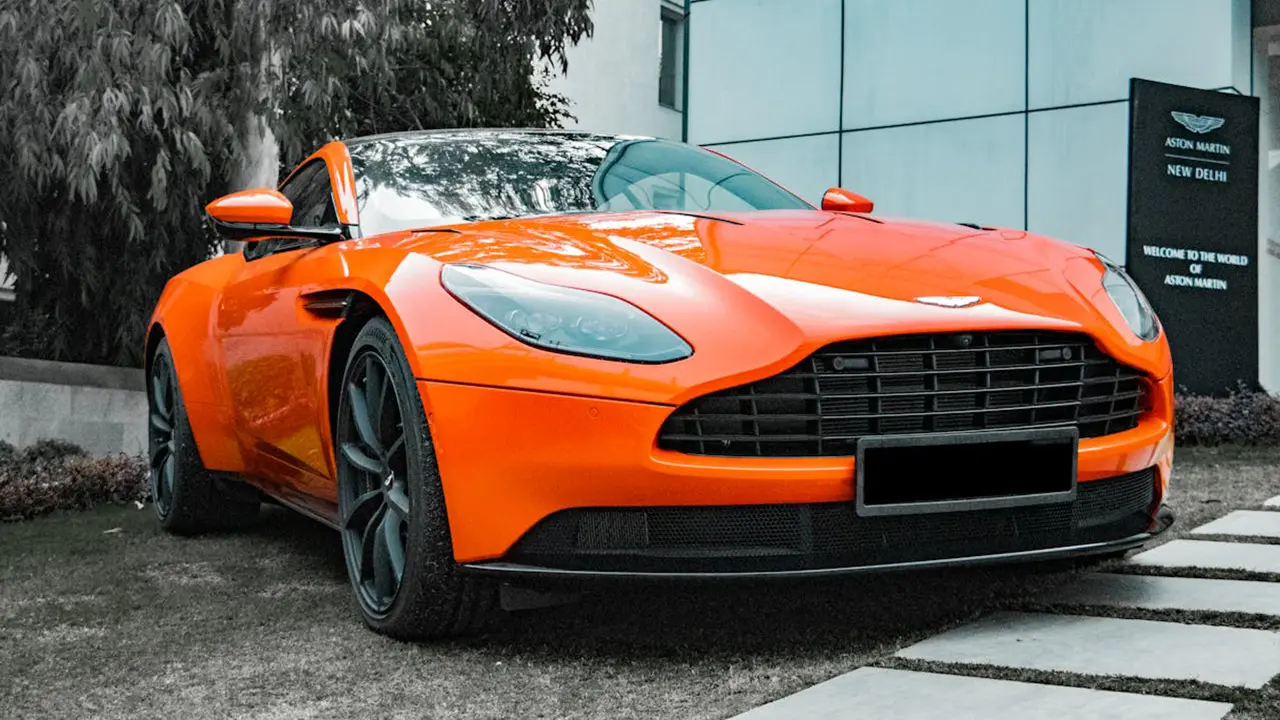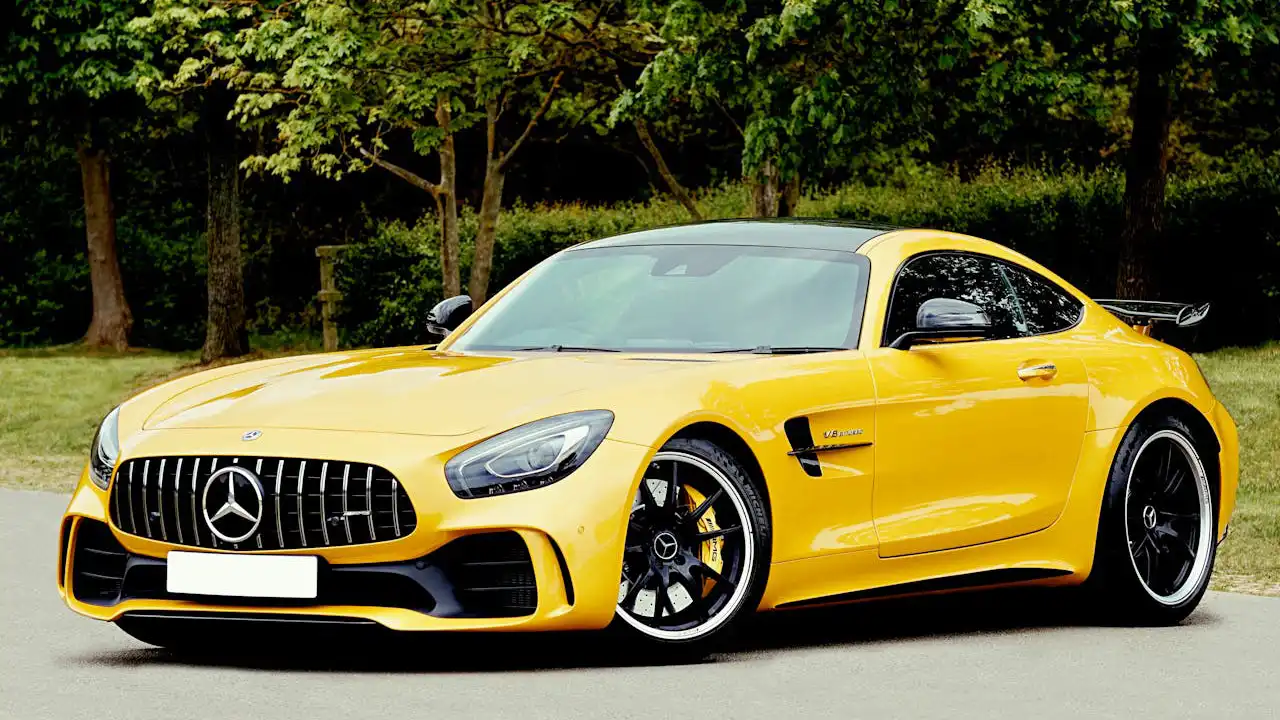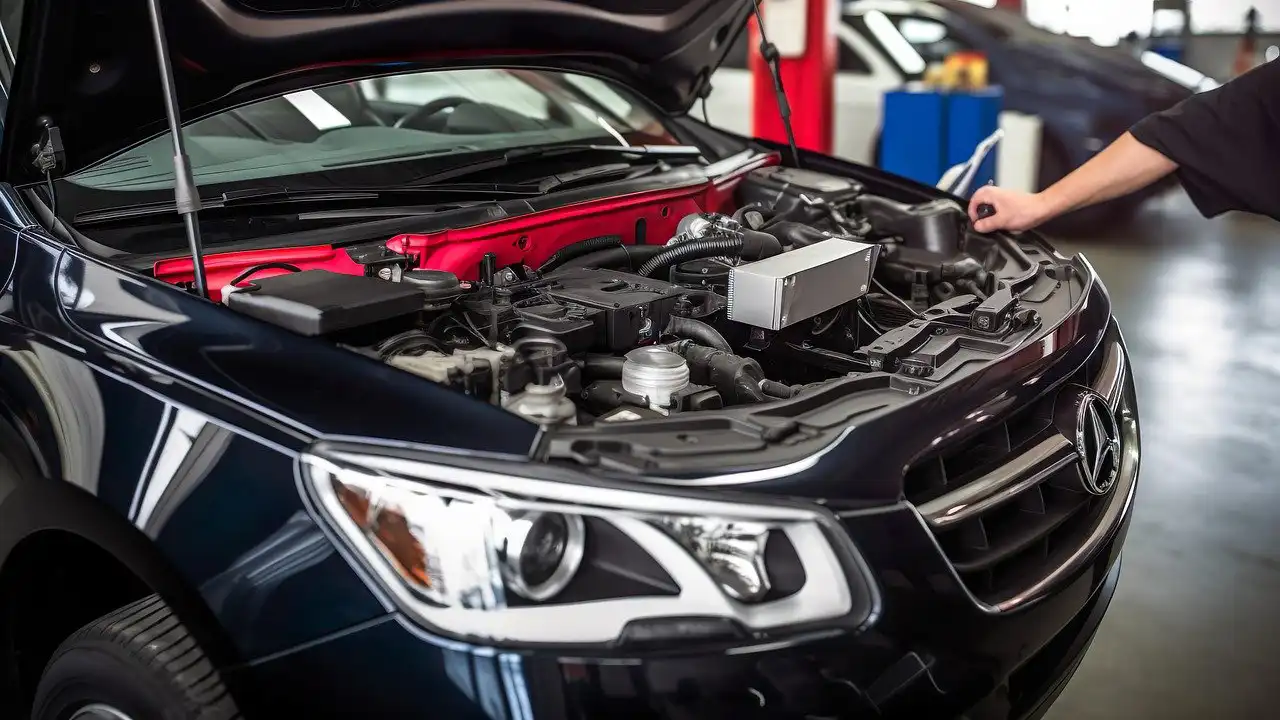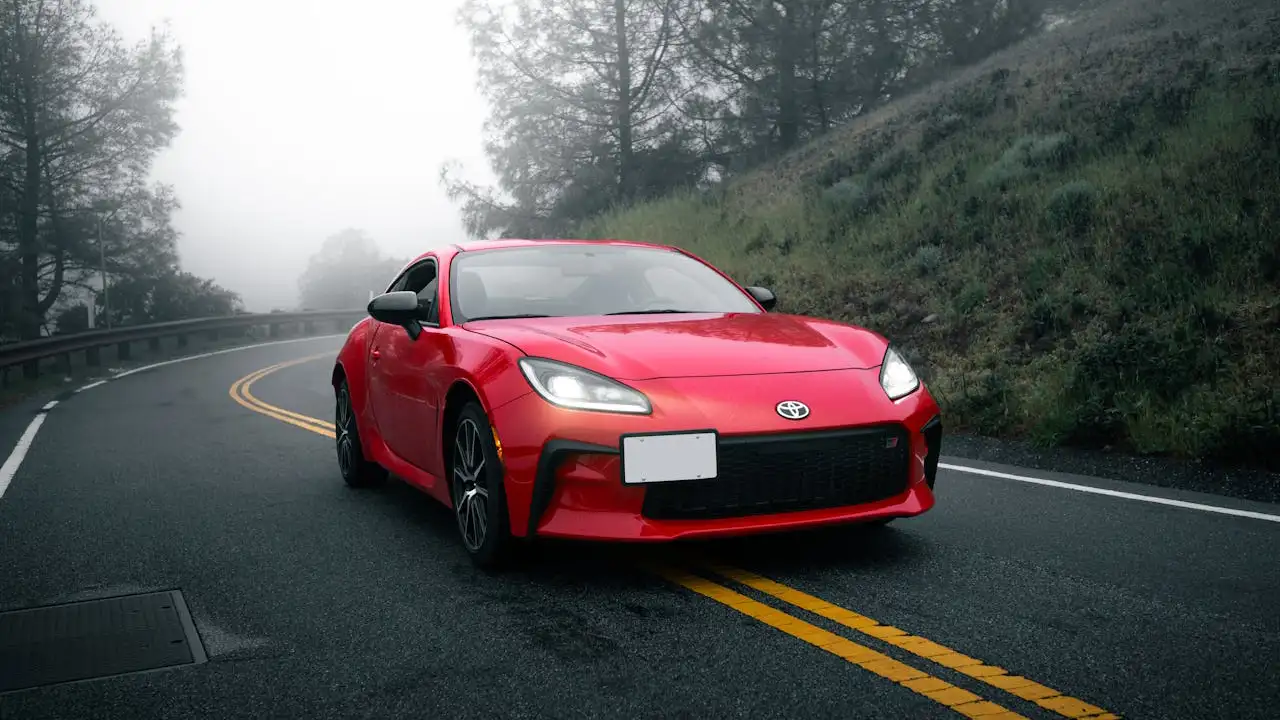Introduction
BMW, or Bayerische Motoren Werke AG, is not just another car manufacturer—it’s a symbol of German engineering prowess, luxury, and innovation. From its humble beginnings as an aircraft engine manufacturer to its current status as one of the world’s leading producers of premium automobiles and motorcycles, BMW’s journey is one of resilience, creativity, and relentless pursuit of excellence. In this blog post, we embark on a captivating journey through the history of BMW, tracing its evolution from a small Bavarian workshop to a global automotive powerhouse.
The Early Years
Founding and Aircraft Engines:
BMW traces its roots back to 1916 when it was established as an aircraft engine manufacturer in Munich, Germany. During World War I, BMW produced engines for various aircraft, including the famous BMW IIIa inline-six engine.
Transition to Automobiles:
Following the end of World War I and the Treaty of Versailles, which prohibited Germany from producing aircraft engines, BMW shifted its focus to the production of motorcycles and eventually automobiles. In 1928, BMW acquired the Fahrzeugfabrik Eisenach, laying the foundation for its entry into the automotive industry.
Innovation and Expansion
The Birth of Iconic Models:
Throughout the 20th century, BMW introduced several iconic models that would come to define the brand’s identity. From the elegant BMW 328 sports car of the 1930s to the luxurious BMW 507 roadster of the 1950s, each vehicle showcased BMW’s commitment to craftsmanship and performance.
The Ultimate Driving Machine:
In the 1960s and 1970s, BMW solidified its reputation for producing high-performance, driver-focused vehicles with the introduction of the “New Class” sedans and the legendary BMW 2002. These cars emphasized sporty handling, precision engineering, and a focus on the driving experience—a philosophy that would become synonymous with the BMW brand.
Modern Era and Beyond
Expansion into Luxury Segment:
In the late 20th and early 21st centuries, BMW expanded its lineup to include a wide range of vehicles, from compact hatchbacks to full-size luxury sedans and SUVs. Models like the BMW 3 Series, 5 Series, and 7 Series continued to set the benchmark for performance, luxury, and technology in their respective segments.
Innovation and Sustainability:
In recent years, BMW has embraced technological advancements and sustainability initiatives to meet the evolving needs of consumers and address environmental concerns. The company has invested heavily in electric and hybrid vehicles, with models like the BMW i3 and BMW i8 leading the charge towards a more sustainable future.
Conclusion
The history of BMW is a testament to the power of innovation, perseverance, and a relentless pursuit of excellence. From its origins as an aircraft engine manufacturer to its current position as a global leader in the automotive industry, BMW has consistently pushed the boundaries of what is possible, delivering iconic vehicles that embody the essence of driving pleasure and luxury. As we look to the future, one thing is certain: BMW will continue to inspire, innovate, and captivate enthusiasts around the world with its exceptional vehicles and unwavering commitment to excellence.





